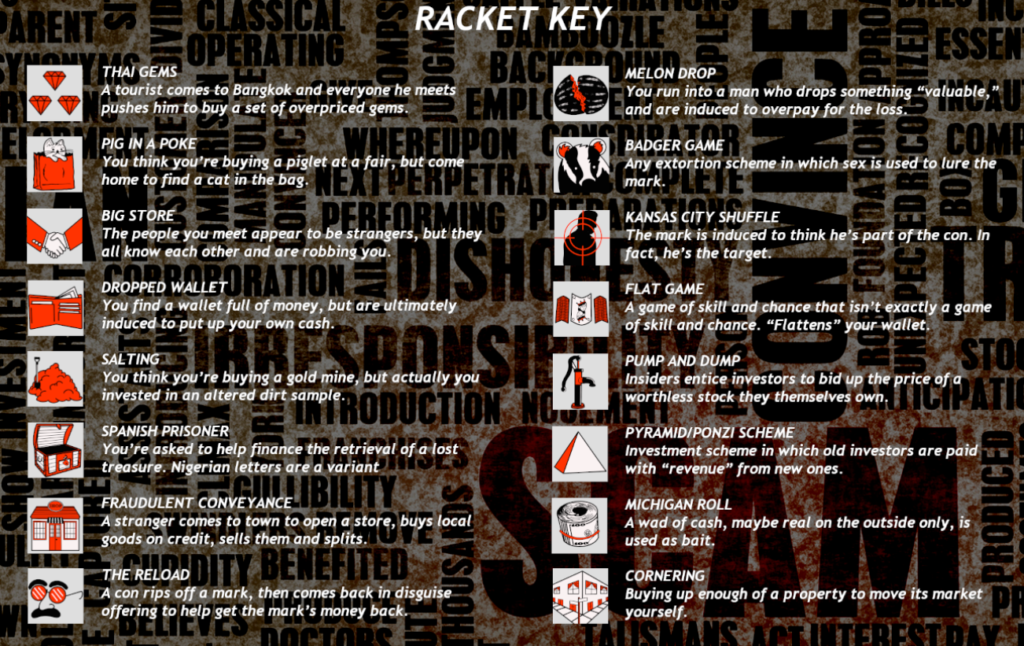Link: https://taibbi.substack.com/p/con-of-the-week-greensill-capital
Excerpt:
In finance there regularly appears a character who stands on a soapbox and claims to have re-discovered the natural laws of the universe. Go ahead, jump: with 10 shares of Invest-O, you won’t come down! Alan Greenspan’s declaration in the middle of the first tech bubble that we might be in the middle of a “once-or twice-in-a-century phenomenon that will carry productivity trends to a new higher track” helped birth the “new paradigm” theory, which denounced caution before investing in companies without revenues or plans as anachronistic timidity.
Greensill prophesied a revolution in his erstwhile dull trade. He hammered the theme that “AI” and “Big Data” were bringing about a “tectonic shift,” described by one writer as “the biggest revolution in history.”
Author(s): Matt Taibbi
Publication Date: 19 May 2021
Publication Site: TK News

